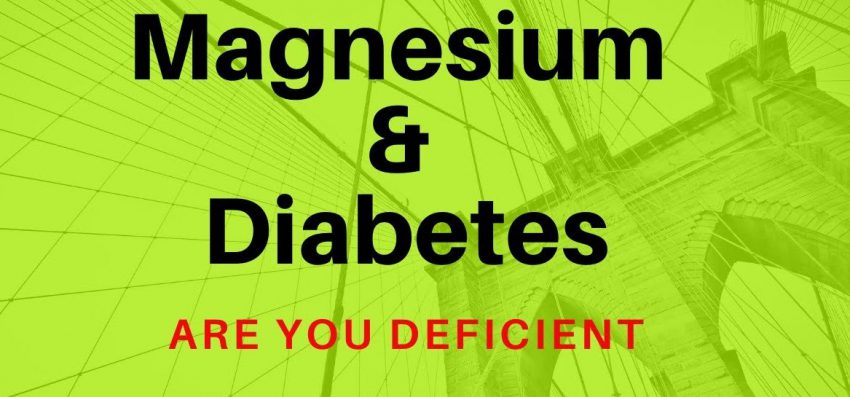Magnesium and Diabetes
For Diabetes
Research has shown that magnesium regulates sugar levels in the blood, preventing it from rising uncontrollably. In investigations on three groups i.e. 85,000 women in Harvard’s Nurses Health, 43,000 men in its Health Professionals Follow-Up Study and 40,000 women in the Iowa Women’s Health Study, sufficient intake (300-400 mg per day, according to body weight) of magnesium in the food was found to decrease the likelihood of developing Type 2 diabetes. In these studies, participants with lower magnesium intake showed signs of diabetes because a considerable amount of magnesium was lost in the urine (Altura, 1997). Magnesium might even resolve the problems of obesity and diabetes by helping to increase glucose metabolism in the body. In fact, magnesium is an anti-diabetic and anti-obesity mineral, says Yun, et al. (2009).
For Emotional person
Mark Sircus in his book Transdermal Therapy says that “Magnesium is essential in regulating the central nervous system excitability thus magnesium deficiency may cause aggressive behavior, depression or suicide. Magnesium calms the brain and people do not need to become severely deficient in magnesium for the brain to become hyperactive.” Sircus (2007) continues to stress that “Magnesium is the second most abundant intracellular and the fourth most abundant cation (positively charged ion) in the body. It is an essential transmembrane and intracellular modulator of cellular electrical activity. As such, its deficiency in the body is nothing short of disastrous for cell life.
Yet, this fact is not widely known.” Studies also postulate that magnesium can reduce depression, irritability, anxiety, and tension (Community Pharmacy, 2003). In a study of 500 depressed participants, Dr. R.H. Cox and Dr. Shealy found that most of the participants were magnesium deficient. The study concluded that clinics should use magnesium as a therapy for those who were suffering from chronic depression (Cox, 1996). It can be concluded with confidence that magnesium is not short of a miracle in its cure for a variety of diseases.
